Which of the following curve is correct for the variation of √frequencyofX-ray with atomic no?
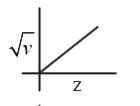

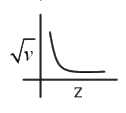
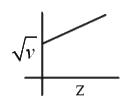
The correct Answer is:B
To solve the question regarding the variation of the square root of the frequency of X-rays with atomic number, we can follow these steps:
Step 1: Understand the Experiment
The experiment was conducted by Moseley, who bombarded metal sheets with high-speed electrons to generate X-rays. Each metal with a different atomic number produced X-rays of varying frequencies.
Hint: Remember that the relationship between atomic number and X-ray frequency is central to Moseley's findings.
Step 2: Collect Data
Moseley collected data on different metals with their respective atomic numbers and the frequencies of the X-rays produced. This data is crucial for plotting the graph.
Hint: Think about how data collection is essential in scientific experiments to establish relationships.
Step 3: Analyze the Relationship
Moseley observed that as the atomic number increased, the frequency of the emitted X-rays also increased. This suggests a direct relationship between atomic number and frequency.
Hint: Consider how direct relationships often lead to linear graphs.
Step 4: Plot the Graph
When plotting the square root of the frequency of X-rays against the atomic number, Moseley found that the graph formed a straight line. This indicates that the square root of the frequency is linearly related to the atomic number.
Hint: Visualizing the graph can help you understand the nature of the relationship between the two variables.
Step 5: Conclusion
Based on the observed data and the plotted graph, the correct answer to the question is that the graph shows a straight line, indicating a linear relationship between the square root of the frequency of X-rays and atomic number.
Hint: Remember that the conclusion drawn from the graph is pivotal in understanding the periodic properties of elements.
Final Answer
The correct curve for the variation of √equencyofX−ray with atomic number is a straight line, which corresponds to option A.
The experiment was conducted by Moseley, who bombarded metal sheets with high-speed electrons to generate X-rays. Each metal with a different atomic number produced X-rays of varying frequencies.
Moseley collected data on different metals with their respective atomic numbers and the frequencies of the X-rays produced. This data is crucial for plotting the graph.
Moseley observed that as the atomic number increased, the frequency of the emitted X-rays also increased. This suggests a direct relationship between atomic number and frequency.
When plotting the square root of the frequency of X-rays against the atomic number, Moseley found that the graph formed a straight line. This indicates that the square root of the frequency is linearly related to the atomic number.
Based on the observed data and the plotted graph, the correct answer to the question is that the graph shows a straight line, indicating a linear relationship between the square root of the frequency of X-rays and atomic number.
The correct curve for the variation of √equencyofX−ray with atomic number is a straight line, which corresponds to option A.
Similar Questions
Knowledge Check
- Question 1 - Select One
Which of the following curves is correct?
A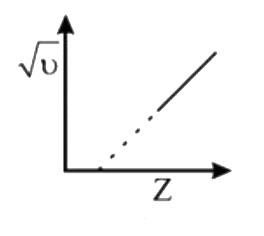 B
B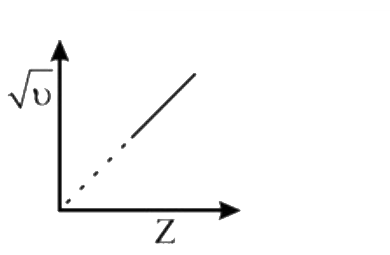 C
C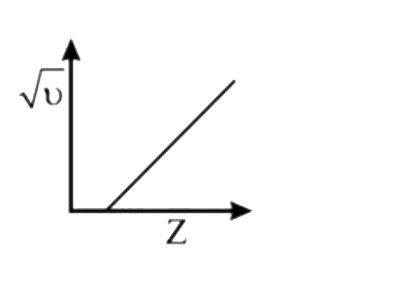 DNone of these
DNone of these - Question 2 - Select One
Which of the following curve is correct for an ideal gas ?
A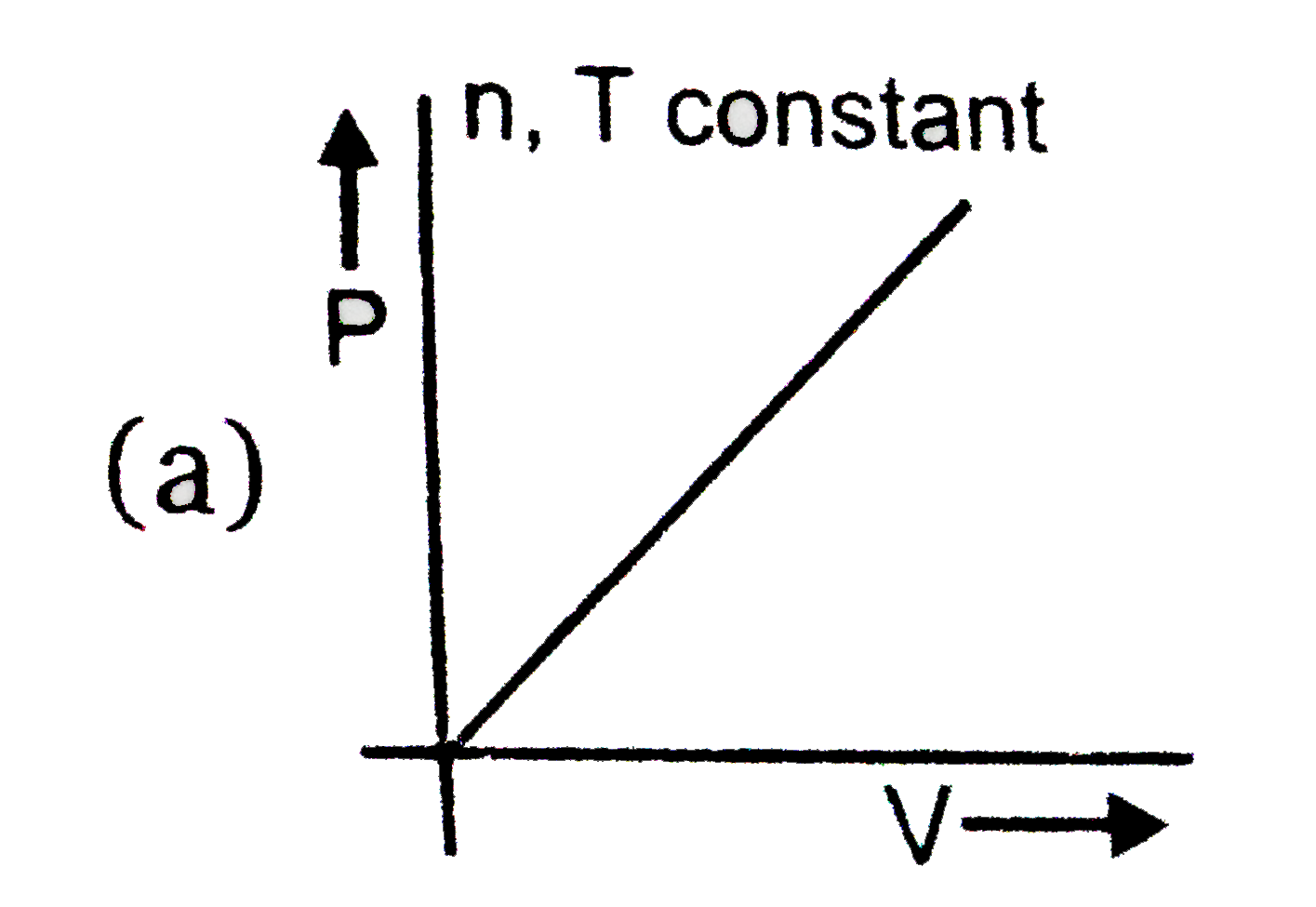 B
B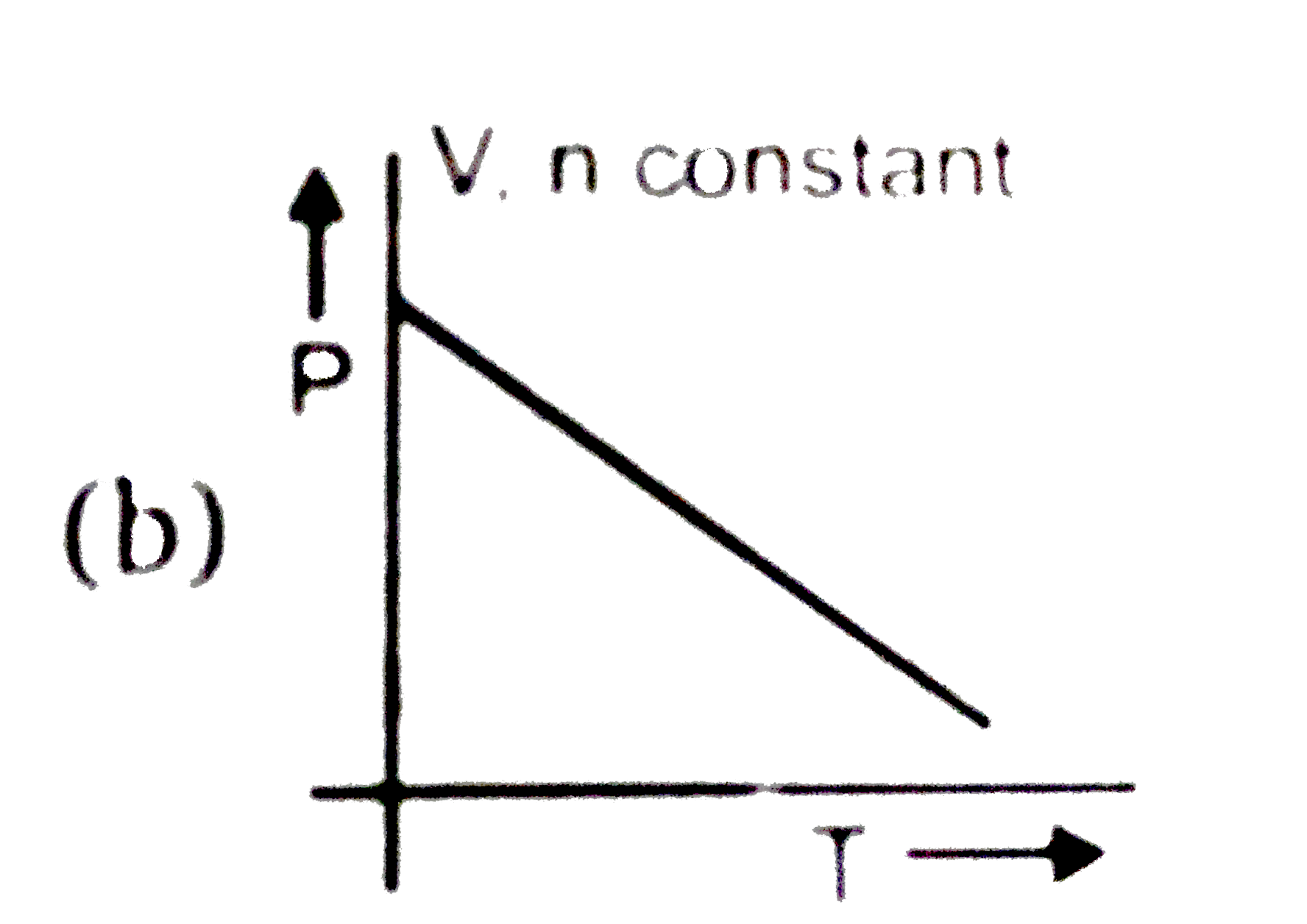 C
C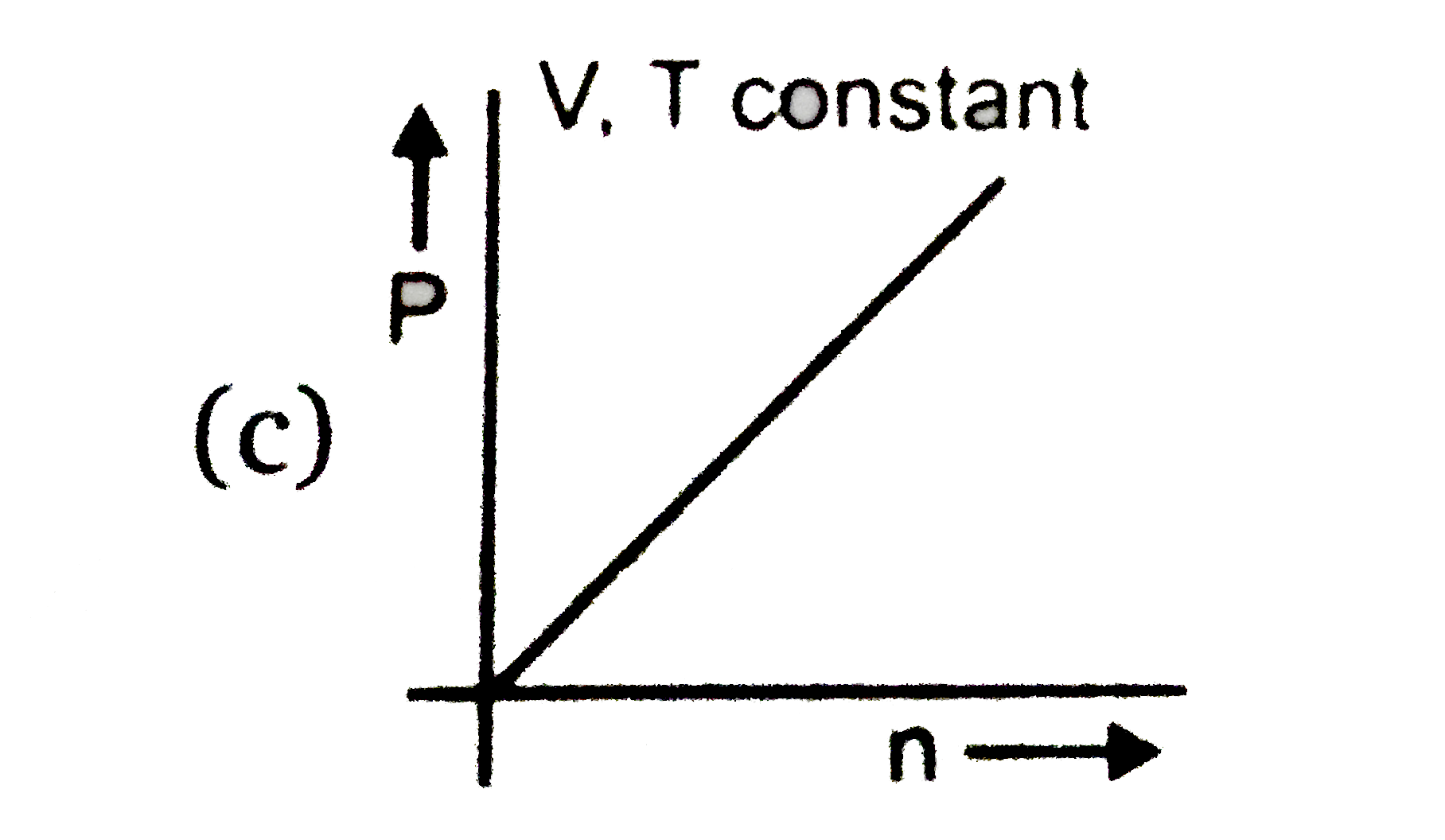 D
D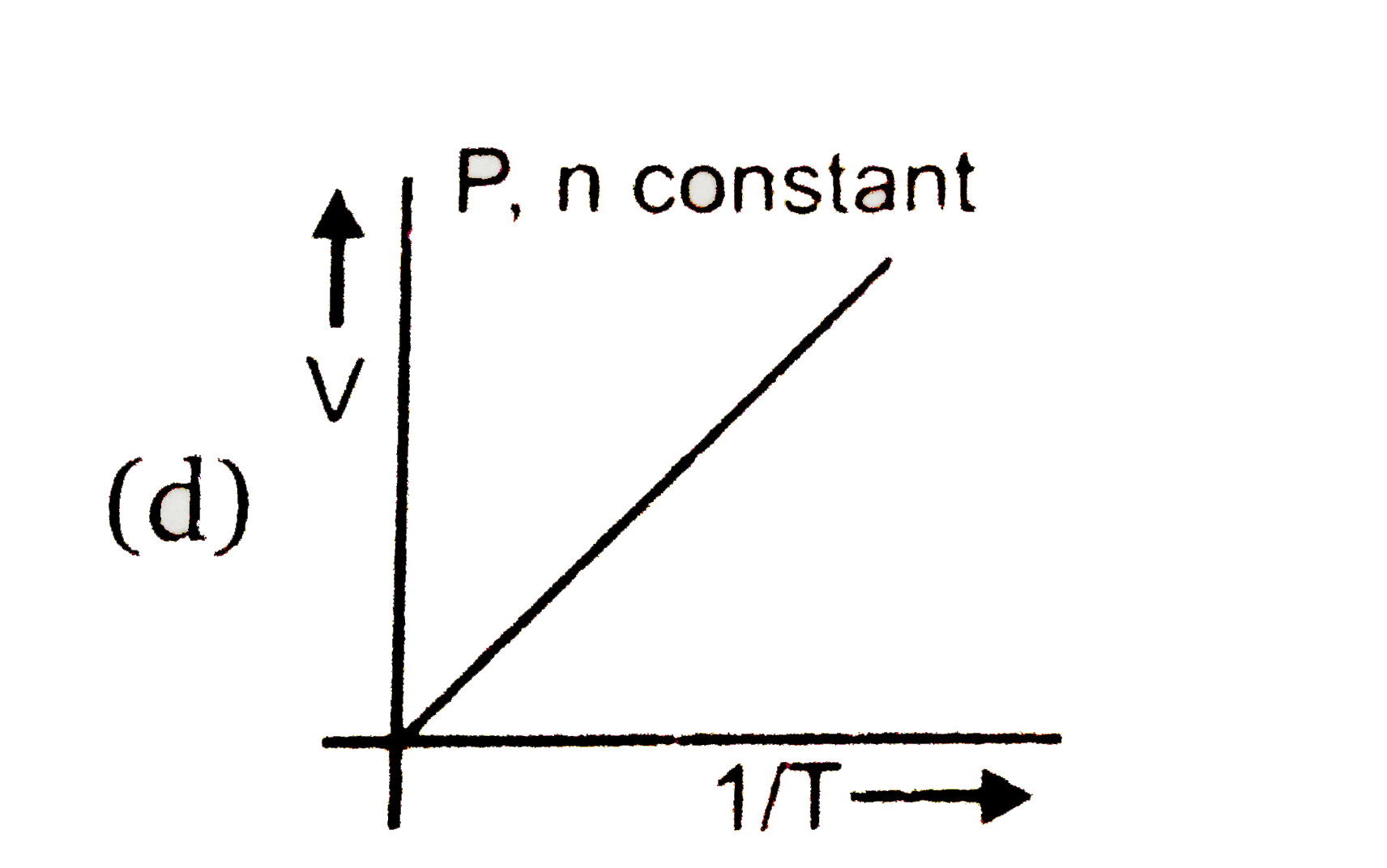
- Question 3 - Select One
Which of the following is correct regarding X-rays
AWhen incident on certain materials such as barium platocyanide, X-rays cause fluorescence (light is emitted from the material)BWhen passed through a gas, X-rays ionize the molecules of the gasCWhen X-ray passes through a material of thickness x, its final and initial intansity (I and I0) are related as I=I0e−μx,μ: attenuation coefficientDAll option are correct
Which of the following is correct for cathode rays in discharge tube
View SolutionWhich of the following is correct for cathode rays in discharge tube
View SolutionWhich of the following option is correct for given curve?
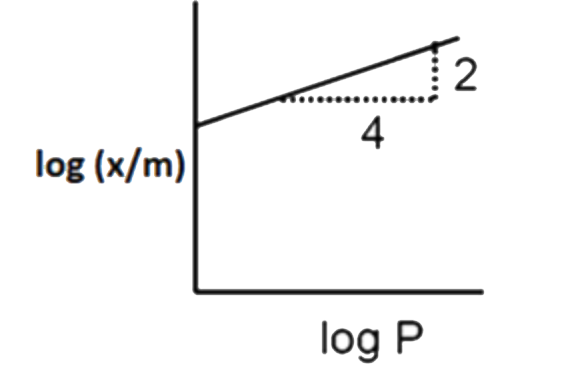 View Solution
View SolutionWhich of the following is correct regarding atomic radius?
View SolutionWhich of the following is correct regarding atomic radius
View Solution

